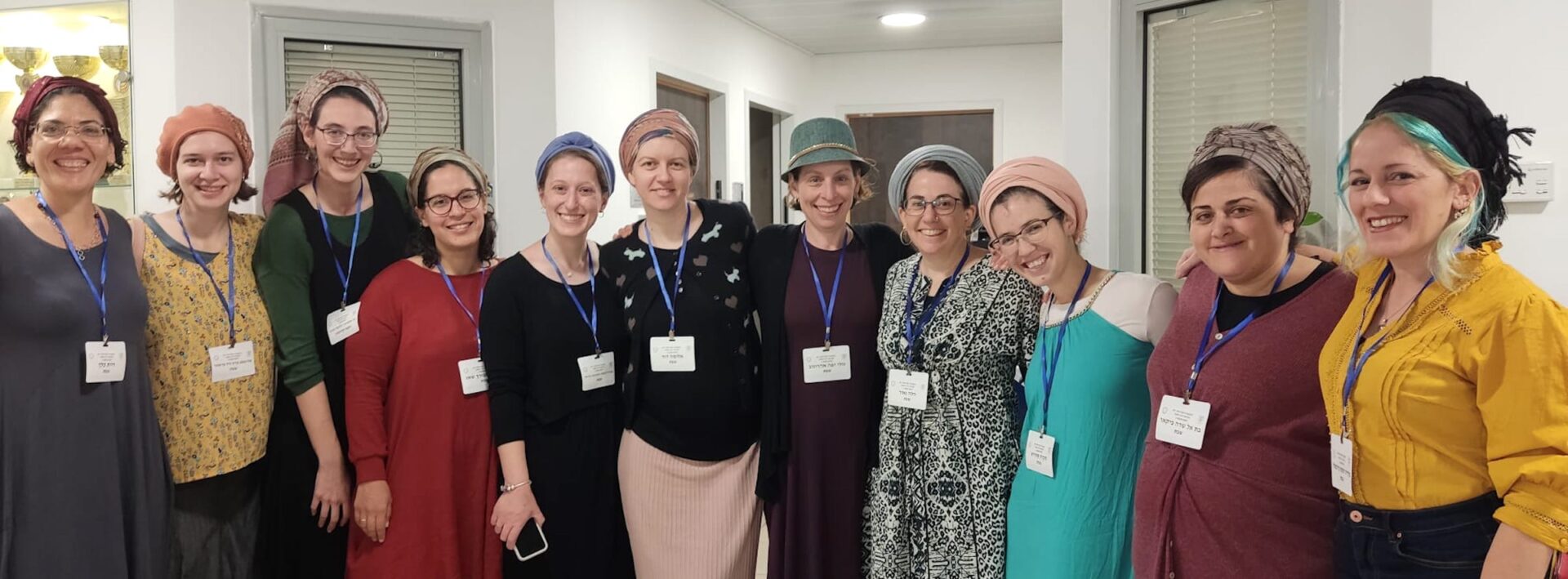Released hostage Emily Damari arrives at Tel Hashomer Medical Center in Ramat Gan, Jan. 19, 2025. Photo courtesy of Yonatan Sindel/Flash90.
By MAYTAL YASUR BEIT-OR
JNS
Emily Damari (28), Doron Steinbrecher (31) and Romi Gonen (24) have begun their journey back to life at Sheba Medical Center following 471 days in Hamas captivity. Medical teams, having spent months preparing for the hostages’ return, prioritized the family reunions while establishing the foundation for an intricate medical and psychological rehabilitation process.
Following the hostages’ return on Sunday, Jan. 19, Hospital Director Dr. Yael Frankel Nir announced: “I am deeply moved to report that we have received the three hostages. Their medical condition allows us to focus on family reunification. We will proceed with examinations in the coming days. We had the privilege of meeting them … and we continue this journey until the last hostage returns.”
Dr. Sefi Mendlovich, deputy director general of the Israeli Health Ministry, stated: “Today we welcome Emily, Doron, and Romi after 471 days in Hamas captivity. This represents an unimaginable reality. We, as medical authorities within the healthcare system, stand fully prepared to address all medical conditions.”
Priority: Nutrition
The primary medical concern currently centers on refeeding syndrome. Following 15 months of malnutrition, sudden food reintroduction risks dangerous disruptions to the body’s fluid and electrolyte balance. Previous hostage exchanges revealed weight losses of between 10% to 17% of body mass, translating to 17-33 pounds. Given the three women’s extended period in captivity, the medical team anticipates even more complex challenges.
Consequently, they must undergo extensive medical evaluation. The established medical protocol encompasses comprehensive testing: infectious disease screening, thorough nutritional assessment including vitamin levels, potassium, zinc and vitamin B12, pregnancy testing for women of reproductive age, blood clot screening—a condition previously observed in hostages due to prolonged immobility—and detailed examinations of neurological, respiratory and cardiac function.
Systematic Readiness
Six hospitals nationwide are prepared for hostage reception—four in central Israel and two near the border with Gaza. Health Ministry guidelines recommend a minimum four-day hospitalization, allowing for necessary testing and gradual adjustment.
A multidisciplinary expert team was assembled to conduct the hostage examinations. The hospital deploys specialists across various fields: ophthalmologists assessing vision after extended darkness exposure, gynecologists performing comprehensive examinations, geriatric specialists evaluating prolonged immobility effects, dentists addressing captivity-related dental issues and mental health professionals providing immediate and long-term psychological support.
Psychological Care
“We face both emotional and medical complexities,” emphasized Dr. Frankel-Nir. “The care system we’ve developed is based on past experiences and insights from previous events.” The mental health team is focused on giving the returnees and their families privacy and peace, making sure they’re not overwhelmed by outside stresses or too many visitors.
The care system extends beyond hospital discharge, continuing into community care. “We’ve developed a comprehensive ongoing care program,” Dr. Mendlovich explained. “Our aim is facilitating smooth transitions from hospitalization to daily life while maintaining thorough medical and psychological monitoring.”
‘Part of them is still in the tunnel’
Professor Hagai Levine, head of Health Services at the Hostages’ Families and Missing Forum, told Israel Hayom on Monday morning that recovery for the released hostages began the moment they were released, but will be a lifelong journey.
“Mentally, part of them is still in that tunnel,” he explained. “They spent so long with their fellow hostages that they feel guilty about doing anything enjoyable—even though they should be able to. This sense of guilt toward those still in captivity is holding back their recovery.”
Professor Levine noted that this extends to the families of those who’ve returned—they remain deeply involved in fighting for the release of those still held captive, driven by the same sense of obligation. “Even Israeli society as a whole can’t fully move forward—and understandably so—while people are still focused on bringing everyone home.”
Both the hostages’ physical and mental health will need to be addressed, said Levine.
“Physically, we check for various medical conditions—in past cases, we’ve found blood clots in leg veins, hormone imbalances and malnutrition. We screen for vitamin and mineral deficiencies, weight loss and skin problems. Some patients need physical therapy. On the psychological side, there’s a long road ahead—rebuilding trust and helping them regain a sense of control over their lives.”
After suffering such trauma, a significant social adjustment will be required for the hostages to reintegrate back into their former lives, he explained.
“They need to relearn how to navigate everyday interactions and eventually return to work. It’s a complex, long-term recovery process that affects both the released hostages and their families. But full recovery is particularly challenging while others remain in captivity—they find it impossible to focus entirely on their own healing while knowing others are still held hostage.”
Originally published by Israel Hayom.








